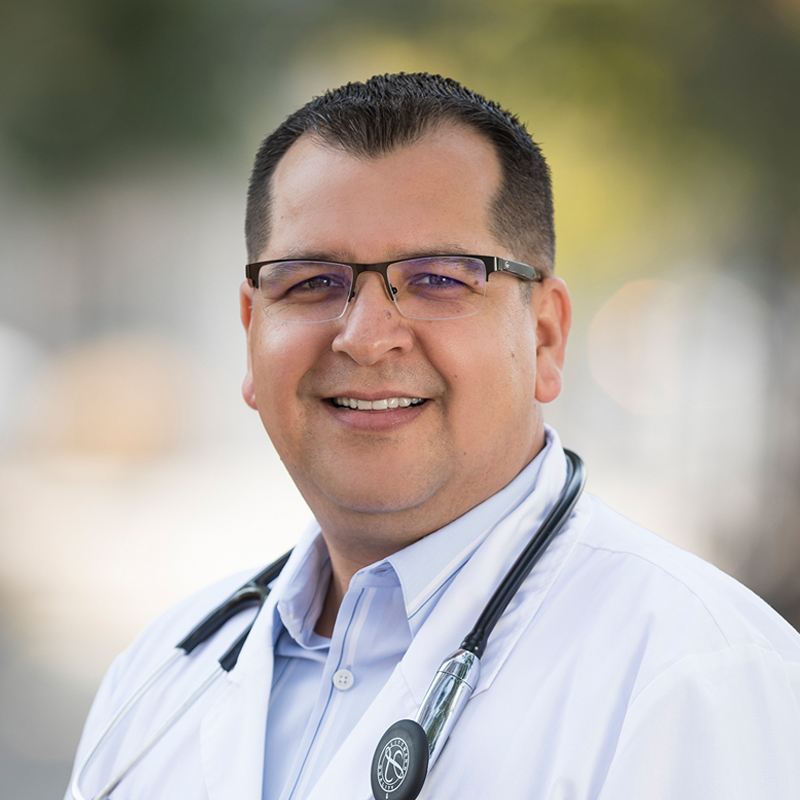Welbe’s Long Beach PACE Center Launches
The Long Beach Press Telegram covered the launch of our newest PACE center in Long Beach – LA Coast PACE:
LONG BEACH
By Gary Metzker
The golden years aren’t so golden for many these days, as the coronavirus pandemic shows no signs of abating.
At least 38,000 U.S. residents of nursing homes and other long-term care facilities for older adults have died from the coronavirus, according to the Centers for Disease Control. More than 142,000 people at those facilities have contracted the virus, and at least 90,000 more cases are suspected.
In California, there have been more than 2,400 deaths in long-term care facilities, and according to the Long Beach Health and Human Services Department, 118 deaths have been associated with long-term care facilities in the city.
Many families are not aware that there are other alternatives besides skilled nursing or assisted living facilities, especially during this health crisis.
WelbeHealth is an operator of Medicaid’s Program of All-Inclusive Care for the Elderly (PACE) across California. Its newest facility is in Long Beach at 1220 E. Fourth St., but because of the coronavirus pandemic, no one is visiting the location. Instead, the company has transitioned to a remote, at-home care model to serve seniors while keeping them physically shielded from the spread of the virus.
According to Sophia Guel-Valenzuela, regional vice president and executive director of the Long Beach facility, having seniors in a PACE program is a safer alternative because it can provide necessities, meal deliveries throughout the day, assistance in the home and meaningful social engagement.
“There has never been a stronger imperative to keep seniors living more independently in their homes and communities,” she said. “Our goal is to keep seniors socially engaged through games and special events. It’s important to keep people safe.”
Guel-Valenzuela said each client gets a 4G LTE tablet to use that enables them to talk to a doctor or a social worker as well as interacting with other people.
“The highlight of my week is to see the engagement going on,” she said. “Engagement coordinators host trivia games, bingo, card games. It’s like a big Zoom meeting.”
Guel-Valenzuela believes the combination of staying at home with interactivity is the template of the future for senior care.
“It’s safer to stay at home now,” she said. “I’ve been doing this for 18 years and this model of coordinated care is something I believe in.”
PACE provides comprehensive medical and social services enabling older adults to live in the community instead of a nursing home or other care facility. Its services are available at no cost to most participants as part of their Medicare and MediCal benefits.
“In our HomePACE model of remote care, we help seniors stay healthy and thriving while avoiding nursing facilities, which have tragically become hotbeds for the spread of coronavirus,” said Dr. Si France, founder and CEO of WelbeHealth in a statement. “We’re excited to expand our all-inclusive model of care into greater Long Beach to serve more vulnerable seniors when they need it most.”
WelbeHealth’s Long Beach location is accepting applications. Families can call 1-800-734-8041.
To learn more about PACE and services we provide, click here.

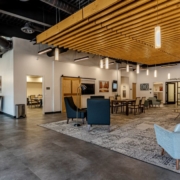


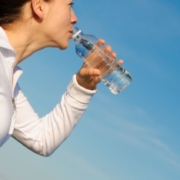


 Cheryl Coleman works for
Cheryl Coleman works for 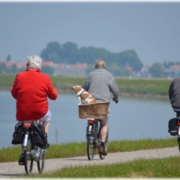
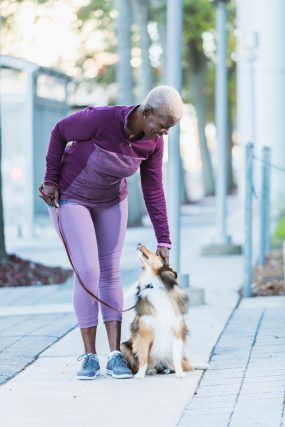

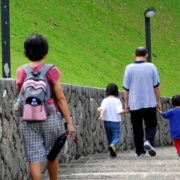
 D’juana Hale always wanted to be a doctor growing up, saying that her pediatrician was her inspiration. Today, she is in the medical field working as an LVN/Nightly Navigator for our
D’juana Hale always wanted to be a doctor growing up, saying that her pediatrician was her inspiration. Today, she is in the medical field working as an LVN/Nightly Navigator for our 










































